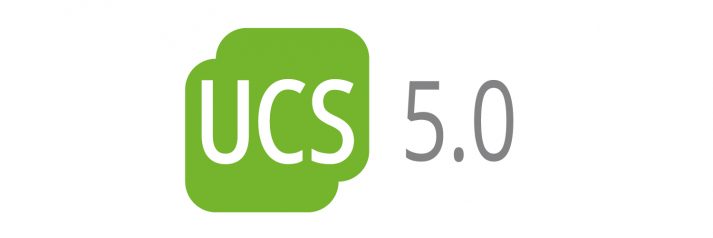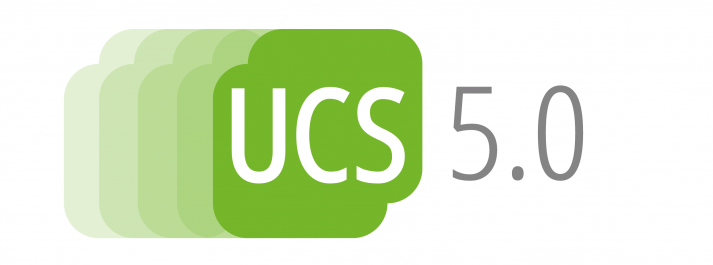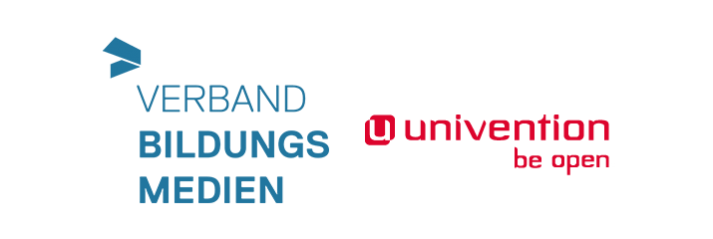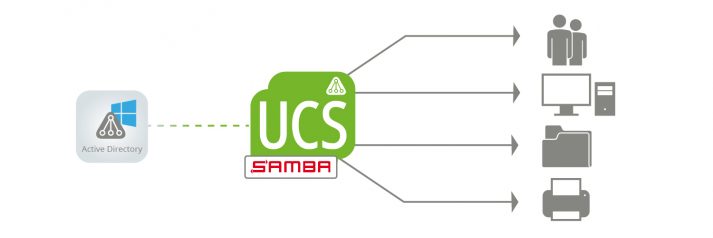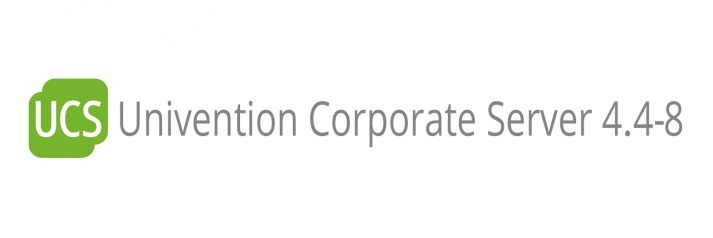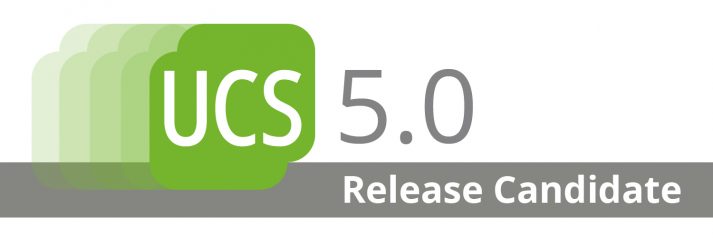New Design and modern Core: Univention Corporate Server 5.0 has been released
Pilot project combines identity management of UCS@school with BILDUNGSLOGIN
Briefly explained: Samba and Active Directory: Central Domain Administration
Univention and the Verband Bildungsmedien e. V. network publishers, schools and school authorities
The piloting will take place with selected school authorities, starting in the school year 2021/2022. Afterward, BILDUNGSLOGIN will be connected to all leading public and private school administration and learning management systems.
Crowded Space Economy: Secure IT infrastructure with central identity management
Kevin Dominik Korte, President of Univention North America, has published an article on Via Satellite in which he reports on the challenges faced by many space companies in adapting their IT systems to rapidly growing corporate structures.
Cloud Computing: Who controls your company data?
Have you ever thought about what happens to your data when hosted by big cloud providers? Especially companys often have to weigh up between convenience and security of sensitive employee- and customer data. Kevin Dominik Korte, President of Univention North America, talks about these challenges in an article published in Forbes Magazine.
UCS 4.4-8: Eighth Point Release of UCS 4.4 – Preparation for Upgrade to UCS 5 and Performance Improvements
The eighth point release of UCS 4.4 provides preparations for the upgrade to the forthcoming UCS 5.0, performance improvements in large environments, and improvements in the App Center, AD, and S4 Connector. In this article, I would like to present the most important innovations.
UCS 5.0 – first release candidate published
Staying Out Of Terrestrial Trouble: Improving Data Security for Satellite Companies
Kevin Dominik Korte, President of Univention North America, has written an article for SatMagazine. In said article, he talks about the general importance for satellite companies to keep their data safe and secure at all cost – and the challenges that come along with that necessity.
